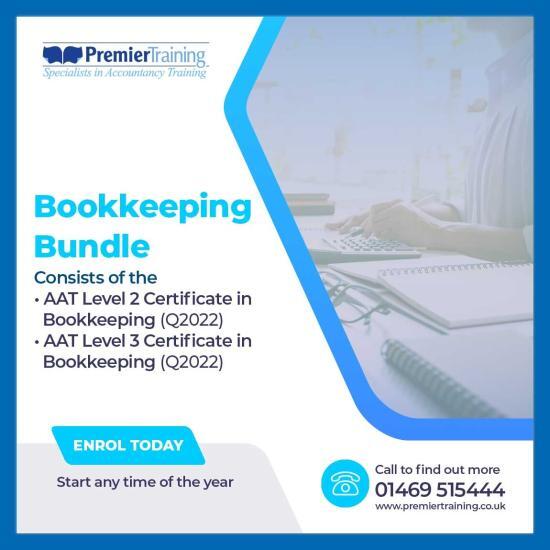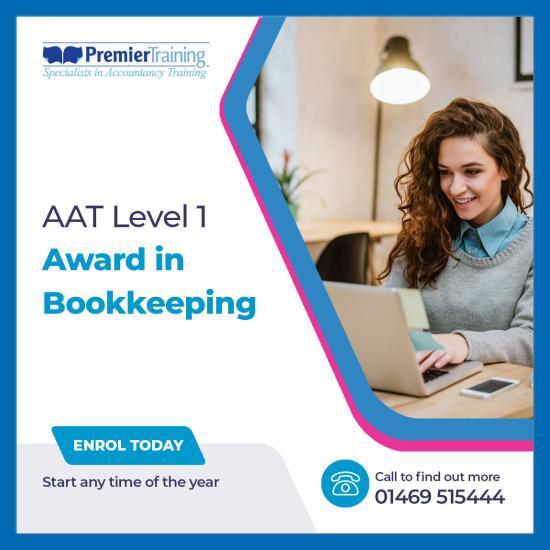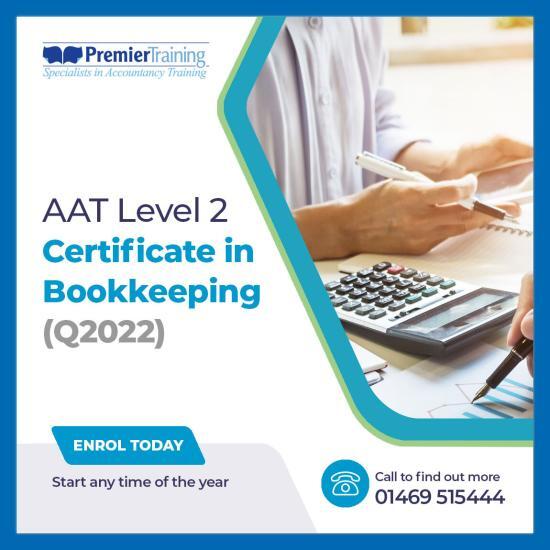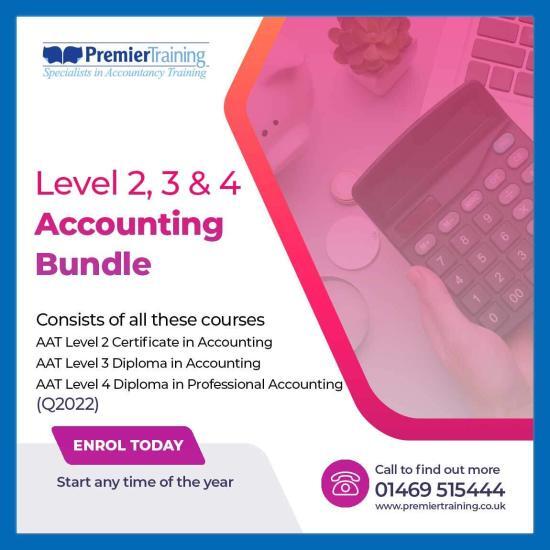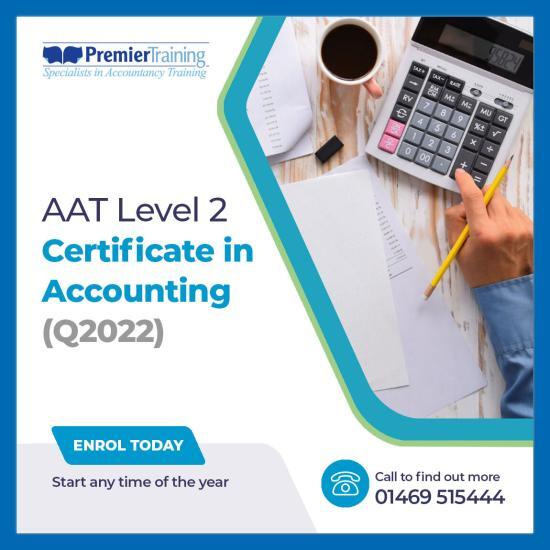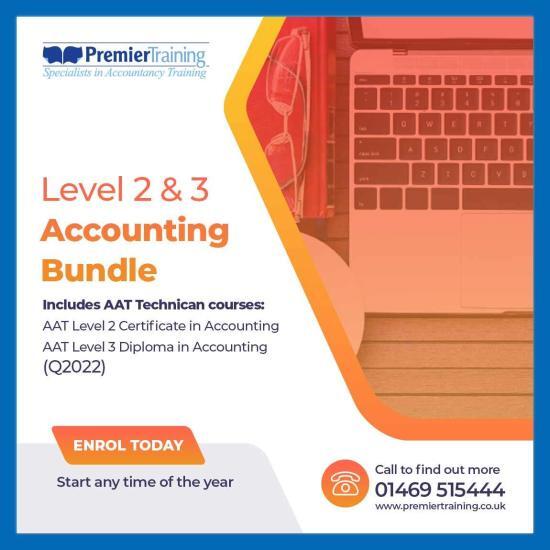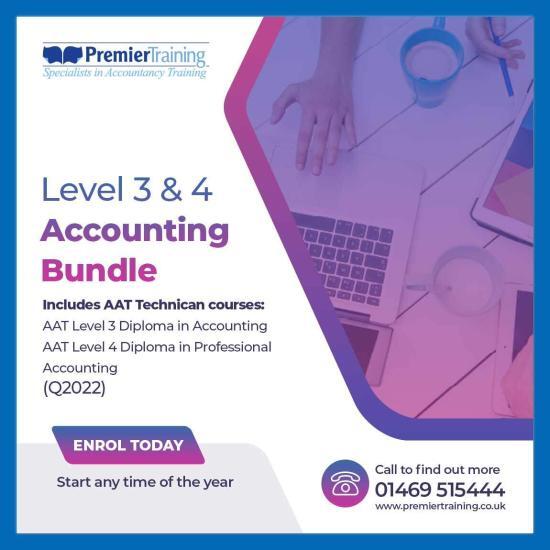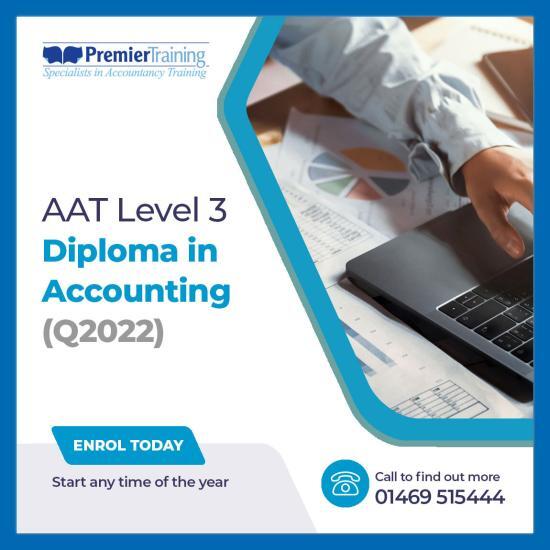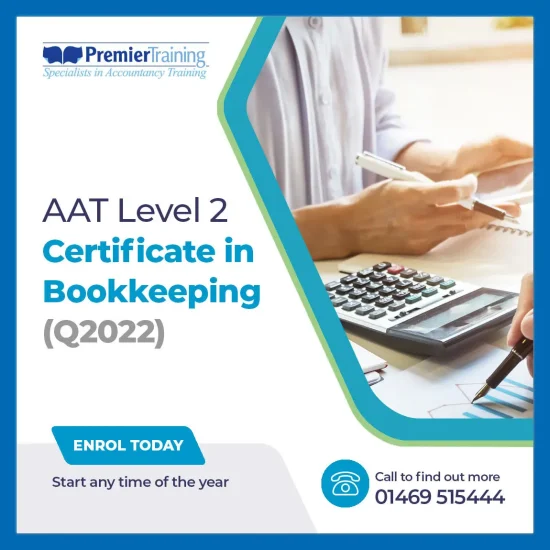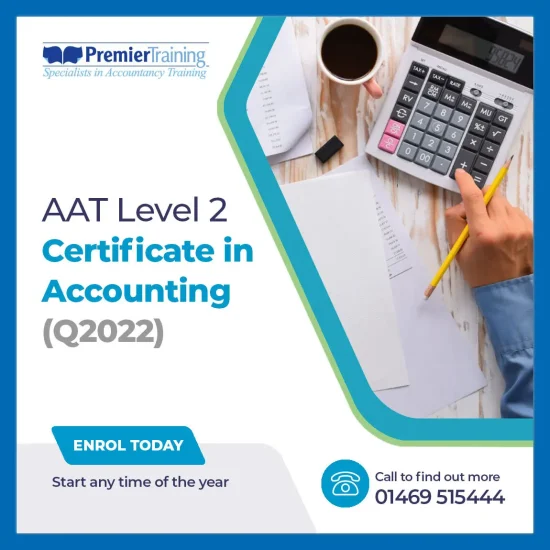Embarking on a career in accounting is a journey marked by milestones – and AAT Level 2 is a significant checkpoint along the way.
As you complete this stage of your professional development, the question naturally arises: “Are you an accountant after AAT Level 2?” In this blog, we’ll explore the significance of AAT Level 2, what it means for your career, and the paths that lie ahead.
Understanding AAT Level 2 Accounting:
The Association of Accounting Technicians (AAT) Level 2 qualification serves as an essential foundation for those aspiring to enter the field of accounting. It covers fundamental principles, introducing individuals to core concepts such as double-entry bookkeeping, basic costing, and the use of accounting software. AAT Level 2 Accounting lays the groundwork for a more in-depth understanding of accounting principles and practices.
Progressing to the next AAT Level:
While AAT Level 2 is a commendable achievement, it’s important to recognise that it represents the initial steps in your accounting journey. At this stage, you’ve acquired fundamental skills and knowledge, but becoming a fully qualified accountant typically involves progressing through higher levels of AAT or pursuing additional qualifications.
Pathways beyond AAT Level 2 Accounting:
- AAT Accounting Levels 3 and 4: Progressing to AAT Levels 3 and Level 4 allows you to delve deeper into accounting principles, financial statements, and management accounting. These advanced levels build on the foundation established at Level 2 and provide a more comprehensive understanding of the accounting profession.
- Professional Qualifications: Many individuals choose to pursue further professional qualifications, such as ACCA (Association of Chartered Certified Accountants) or CIMA (Chartered Institute of Management Accountants). These globally recognised certifications open doors to a broader range of career opportunities and signify a higher level of expertise.
- Work Experience: Combining AAT qualifications with practical work experience is crucial for becoming a well-rounded accountant. On-the-job experience allows you to apply theoretical knowledge to real-world scenarios, enhancing your skills and making you more marketable to employers.
- Specialisation: As you progress in your accounting career, you may choose to specialise in a specific area, such as taxation, audit, or forensic accounting. Specialisation can provide a competitive edge and open up niche career paths
Conclusion:
Completing AAT Level 2 Accounting is a commendable achievement that sets the stage for a fulfilling career in accounting. However, it’s just the beginning.
To truly become an accountant, one must continue the journey by pursuing advanced qualifications, gaining practical experience, and perhaps specialising in a particular area of interest. AAT Level 2 Accounting opens doors; it’s up to you to explore the pathways that lead to a successful and rewarding career in accounting.
Current Offers and Sales





